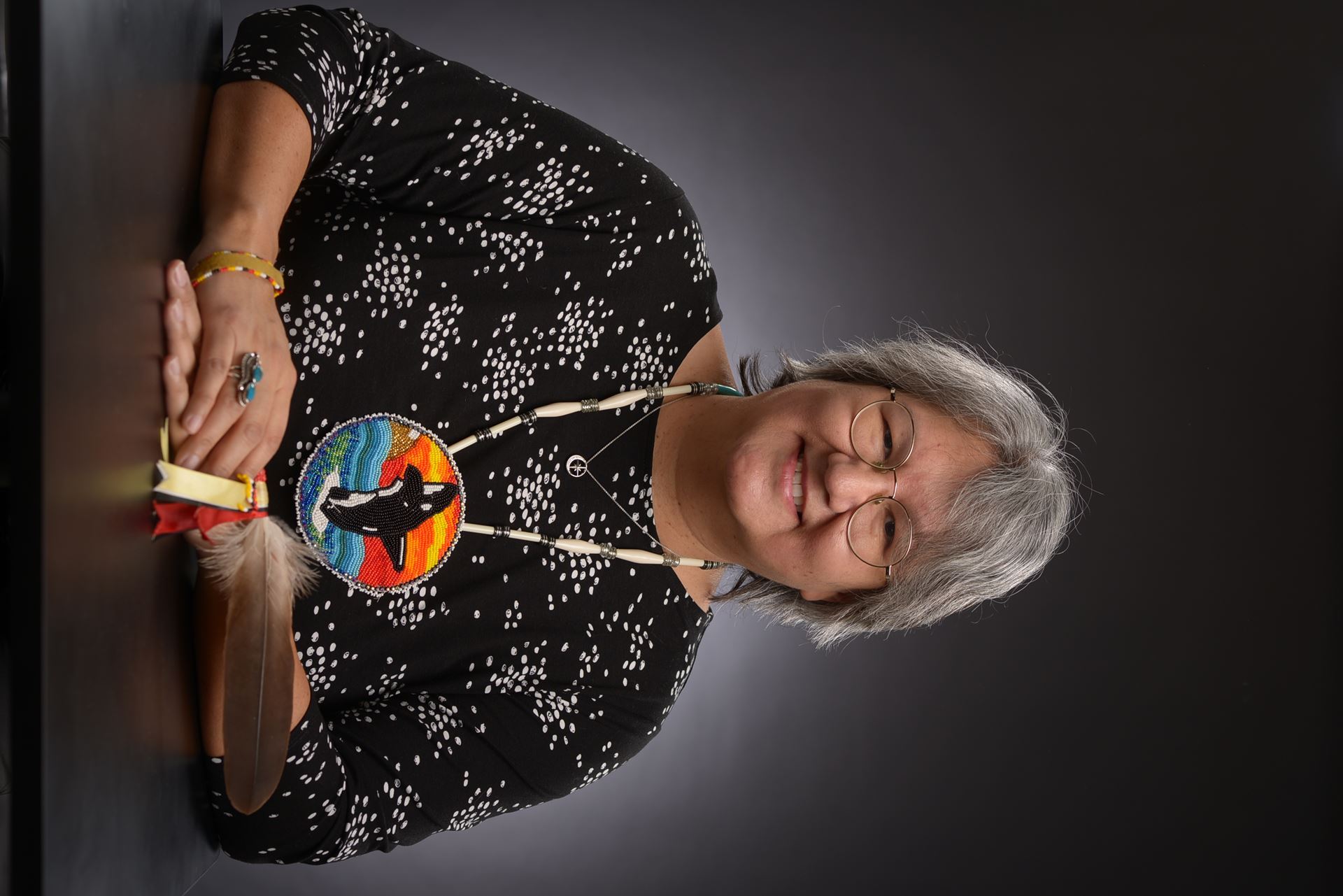#CASC2023 #CommunitiesForChange |
|
| Julius Lindsay is the Director of Sustainable Communities at the David Suzuki Foundation. He leads the Foundation’s work to accelerate and raise the ambition of climate action in cities across the place now known as Canada. He is also a co-founder of the Black Environmentalist Alliance, an organization that seeks to champion black people in the environmental profession, provide a safe space for peer-to-peer engagement to have real conversations and share experiences, and to advocate for environmental justice for Black Canadians now and in the future. Prior to these two roles, Julius has been the catalyst for and led the development of climate change plans, programs, and policies at two of the biggest cities, Mississauga and Richmond Hill, in Ontario, Canada’s Largest Province. |
Thank you to our sponsors and supporters!
CASC is extremely grateful to the organizations that have chosen to support CASC 2023, and would like to thank them for their generous support. If you'd like to become a sponsor, click here or contact deschenes@casc-accs.com
|
Health and Safety The health and safety of our participants are a top priority. Please note the following recommendations:
CASC Conference Refund Policy: If you’re unable to attend the CASC 2023 conference, we encourage you to transfer your registration to another person. If you are unable to transfer your registration and require a refund, the deadline for a full refund (less an administration fee of $50) is May 1, 2023. No refunds will be issued after May 1, 2023. |




.png)



